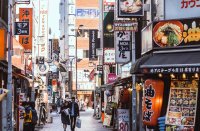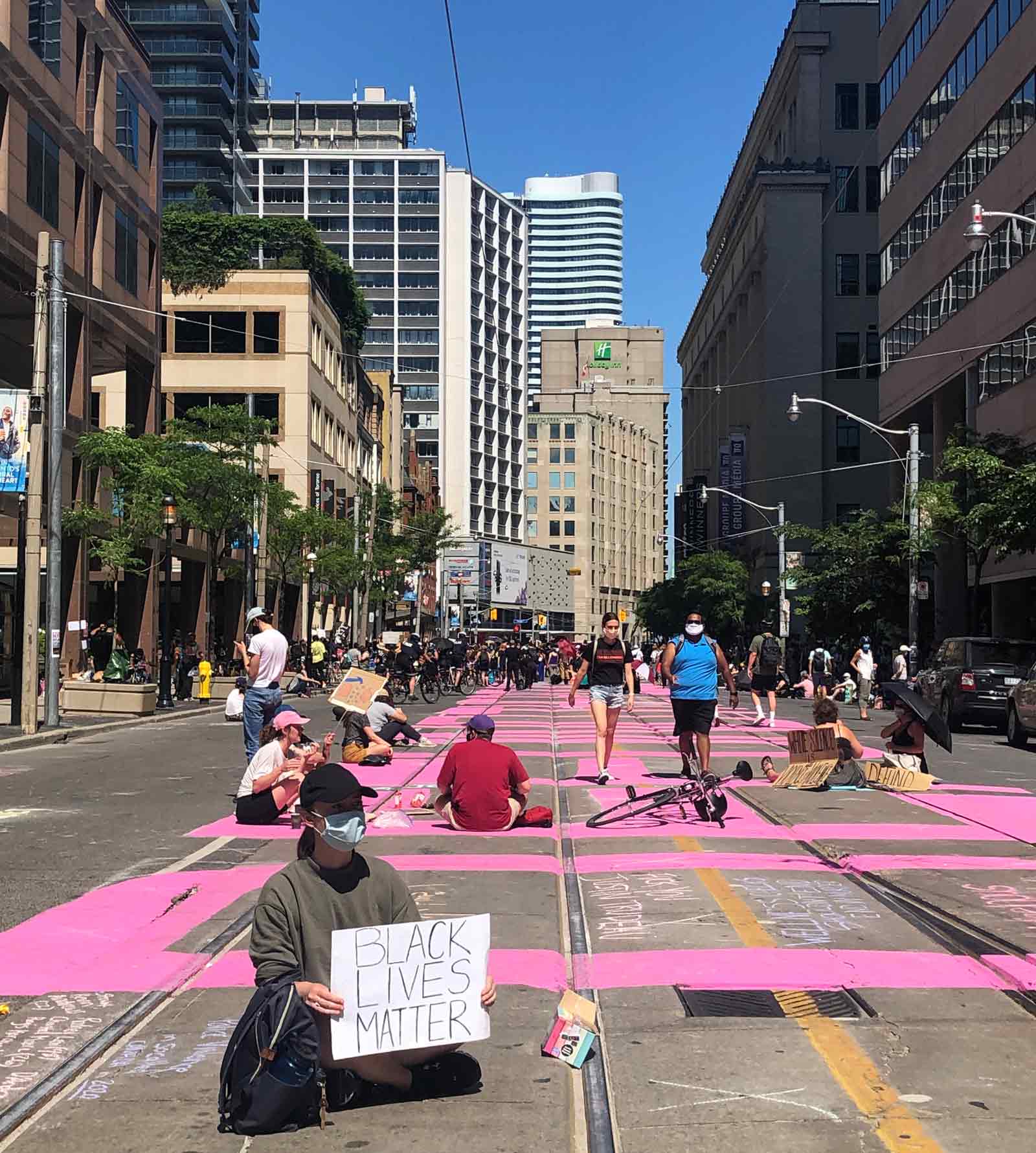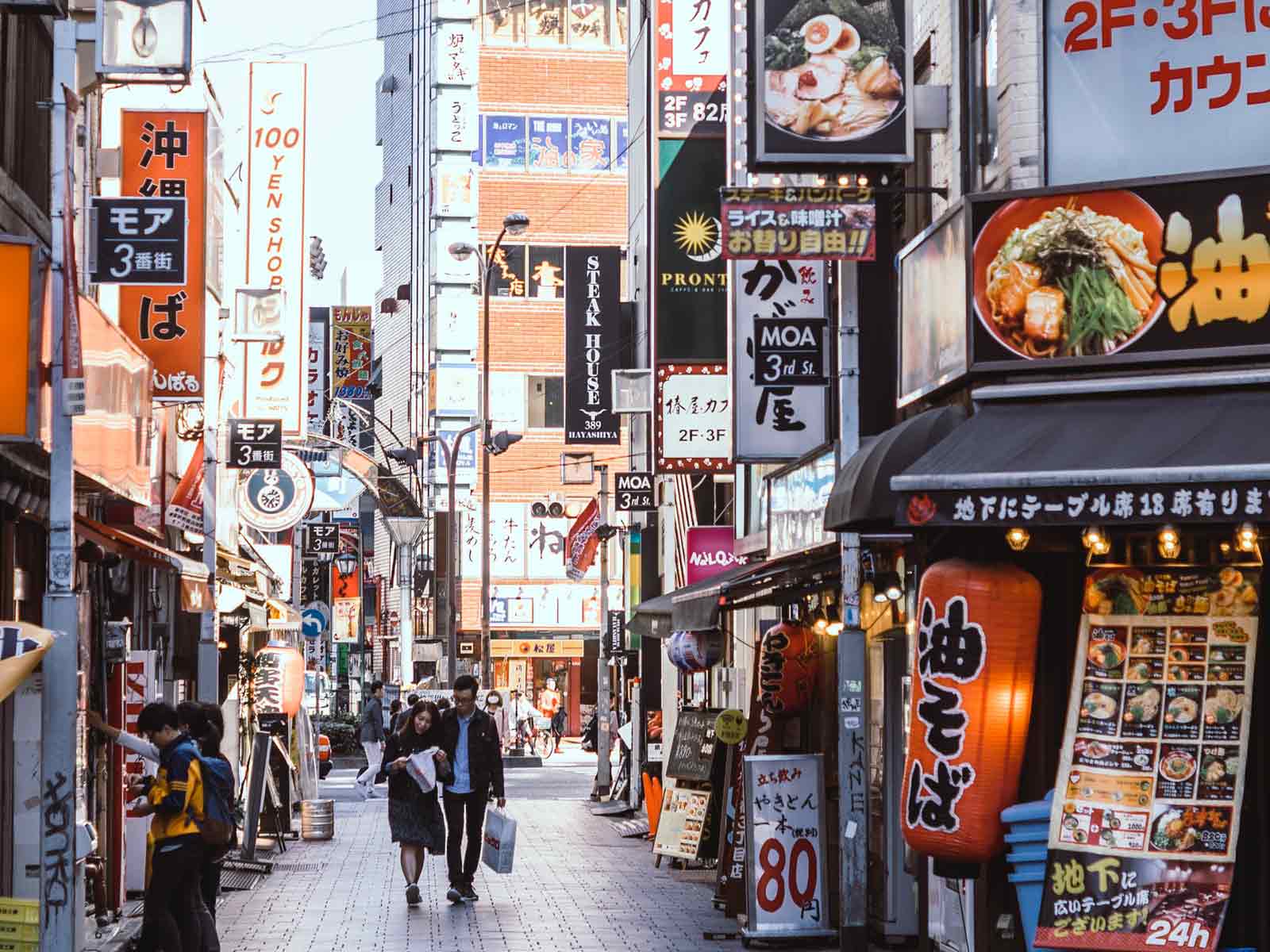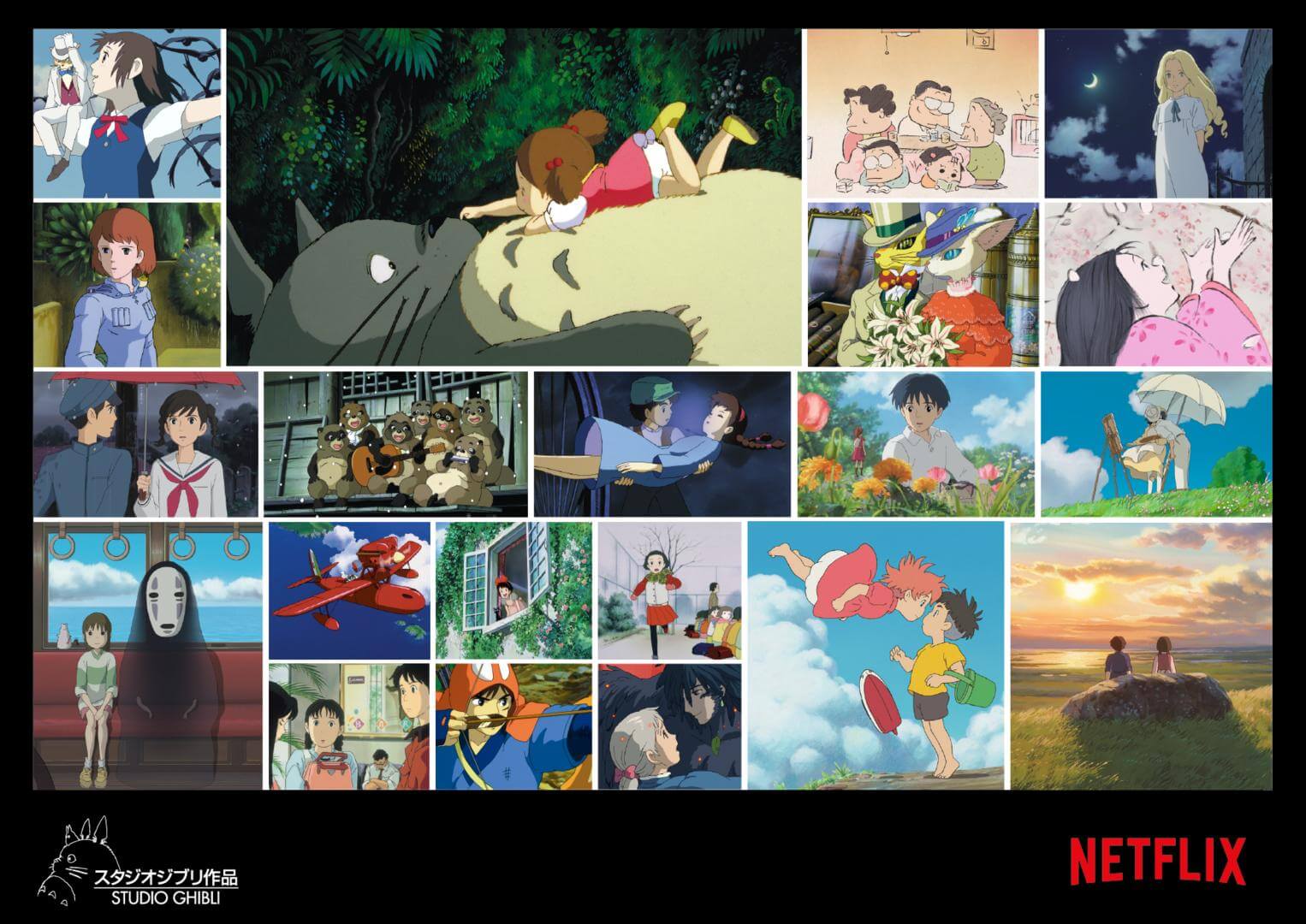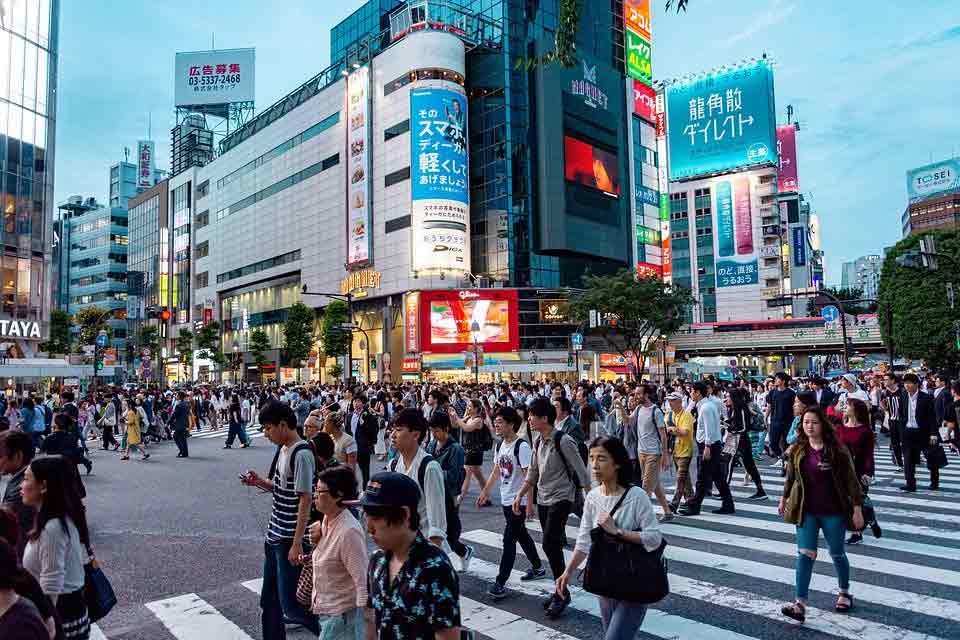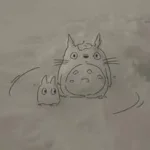During WW II, twenty-two thousand Japanese Canadians were unfairly uprooted from the coast and sent to internment camp.
EDMONTON— Hidden away in British Columbia’s North Shore mountains are the remnants of a Japanese-Canadian logging camp after it was abandoned because of internment, a policy put in place during the Second World War that relocated thousands of families. Images of the artifacts can be found here.
Sherri Kajiwara of the Nikkei National Museum in Burnaby B.C. told National Post there is no record, yet, of anyone remembering living there, or remembering that their ancestors resided there, although there were plenty of Japanese-Canadians in Canada at the time.
Vancouver archeologist Bob Muckle has been visiting and excavating the site since 2004 and his hypothesis is that Japanese-Canadians moved to the logging camp around 1918, and remained there even after logging activity ceased.
“In the Vancouver area, in the 1920s and ’30s there was pretty explicit racism against both Chinese and Japanese, so this would’ve been an escape from that,” Mackle said.
Japanese Canadian Internment, narrated by David Suzuki
Muckle’s involvement with the camp began as a search for an area where he could teach his Capilano University students about proper excavation. He found one by the looks of it, but the excavation soon revealed it “was not really a typical logging camp at all.”
A typical camp would have bunk houses and a mess hall for the men working there but the site has 14 locations that were, to Muckle’s eyes, houses. There is also a shrine, a garden space and a water reservoir system.
“The most significant find is evidence of what may be a Japanese bathhouse,” Muckle noted. “Very few bathhouses have been excavated outside of Japan.”
Explaining his evidence for the timing of the camp’s abandonment, Mackle said he thinks “(internment) explains why we have so many personal items left behind. The dishes tend to be in really good condition, which you wouldn’t expect if people were normally abandoning their site.” Some items were hidden, such as a valuable stove secreted away off-site and parts of an early-1900s camera that were inside the walls of the bathhouse, which strengthen his hypothesis.
Some of the artifacts are going to go to Kajiwara’s museum, and Kajiwara has heard from a number of people about the settlement, including someone from Japan. “It’s really been quite remarkable that the word has gone out sort of far and wide. We’re starting to slowly collect names,” she told National Post.
“That whole generation really didn’t talk about the experience for decades and it’s only now, it’s only recently, that the stories have started to be revealed or shared,” Kajiwara said. “It will be interesting to see if we can track down any of the descendants.”
Sources:
National Post, Unearthed Japanese camp in B.C. mountains was likely an escape from racism, until internment intervened
The ChronicleHerald, Unearthed Japanese camp in B.C. mountains was likely an escape from racism, until internment intervened


